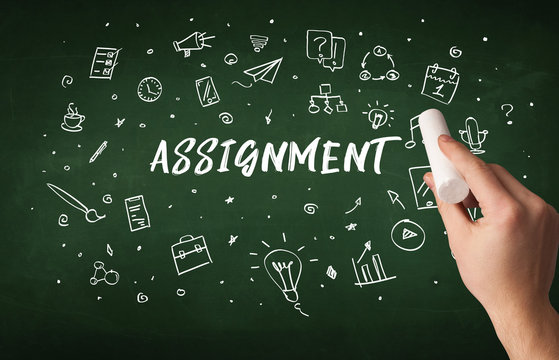Introduction
In today’s rapidly evolving digital landscape, email marketing has emerged as a powerful and versatile tool for educational institutions to engage with their audience effectively. School administrator email list, in particular, have realized the immense potential of email marketing in enhancing communication and fostering relationships within the education sector. In this comprehensive article, we’ll delve into the future of email marketing in education and explore the trends, challenges, and strategies that lie ahead for school administrators’ email lists.
Understanding the Current Landscape
The Importance of Email Marketing in Education
Email marketing has become an integral part of communication strategies in educational institutions. It allows schools to reach students, parents, alumni, and staff with important updates, newsletters, event invitations, and more. The power of email lies in its ability to deliver information directly to recipients’ inboxes, making it a highly effective channel for disseminating crucial messages.
Challenges Faced by School Administrators
While email marketing offers numerous benefits, school administrators encounter their fair share of challenges. These challenges include:
-
Email Deliverability: Ensuring that emails land in recipients’ primary inboxes can be a struggle. Spam filters and changing email algorithms demand constant attention to maintain high deliverability rates.
-
Content Personalization: Personalizing email content to cater to diverse audiences, including students, parents, and alumni, can be a complex task. Effective personalization requires a deep understanding of recipient preferences and behaviors.
-
Data Management: Managing and segmenting large email lists, keeping contact information up to date, and complying with data protection regulations like GDPR (General Data Protection Regulation) require meticulous data management.
The Future Trends in Email Marketing
AI-Powered Personalization
The future of email marketing in education will undoubtedly feature Artificial Intelligence (AI) prominently. AI algorithms will analyze recipient behavior, preferences, and engagement patterns to deliver highly personalized email content. For example, AI can suggest tailored course recommendations for students or highlight alumni events that match individual interests.
Interactive Emails
Static emails will give way to dynamic, interactive emails. These emails will incorporate features like embedded surveys, quizzes, clickable content, and live chat options, enhancing user engagement and gathering valuable feedback in real-time. Educational institutions can use interactive emails to conduct surveys on course satisfaction, gather opinions on campus improvements, or provide instant support through chat options.
Mobile Optimization
With the majority of users accessing emails on mobile devices, optimizing emails for mobile responsiveness will be crucial for effective communication. Future email marketing strategies will prioritize responsive design, ensuring that email content renders seamlessly on screens of all sizes. Mobile-optimized emails will improve user experience and accessibility.
Video Integration
Video content will become more prevalent in email marketing campaigns. Videos are highly engaging and can effectively convey information. School administrators can use video to showcase campus life, introduce faculty, provide virtual tours, and share student success stories. Video integration will add a dynamic element to email marketing that appeals to the visual preferences of modern recipients.
The Importance of Email Lists
Building and Maintaining Quality Email Lists
The success of email marketing campaigns hinges on the quality of email lists. Educational institutions will prioritize building and maintaining high-quality lists to ensure their messages reach the right recipients. This involves regularly updating contact information, segmenting lists based on demographics and interests, and removing inactive subscribers.
GDPR Compliance
Data protection regulations like GDPR will continue to shape email marketing practices in the education sector. Schools must ensure compliance by obtaining clear consent from subscribers, respecting opt-out requests, and safeguarding recipient privacy. Non-compliance can result in significant fines and damage to an institution’s reputation.
Strategies for School Administrators
Content Relevance
Creating relevant and valuable content will be essential for keeping recipients engaged and preventing email fatigue. School administrators should invest in content that addresses the specific needs and interests of their audience. Content can include educational resources, event announcements, success stories, and alumni spotlights.
A/B Testing
A/B testing will remain a vital tool for optimizing email marketing campaigns. Administrators can experiment with different subject lines, email content, visuals, and send times to determine what resonates most with their audience. By continuously testing and refining their strategies, schools can maximize the impact of their email campaigns.
Conclusion
In conclusion, the future of email marketing in education holds exciting prospects. School administrators can harness the power of AI, interactive content, mobile optimization, and video integration to enhance communication with their audience. By prioritizing data quality and compliance, educational institutions can build stronger relationships with students, parents, alumni, and staff.





